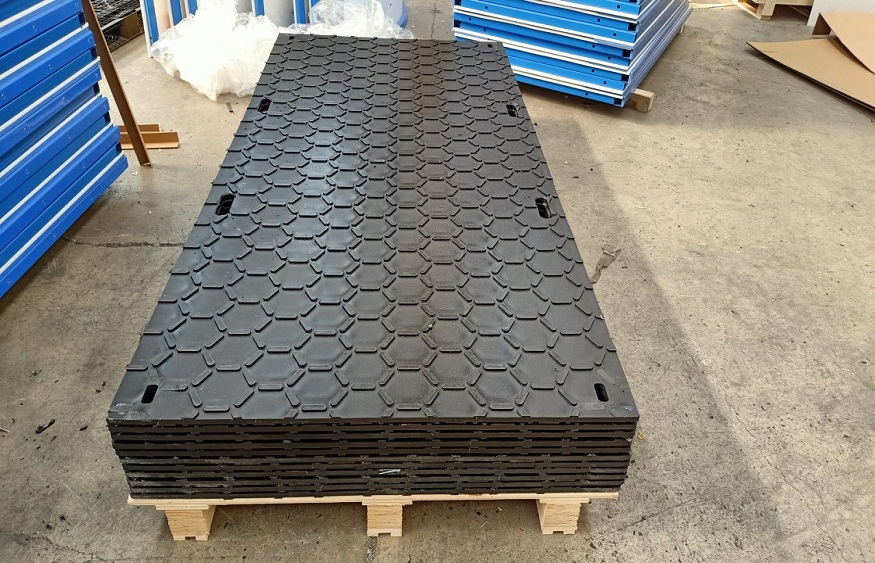 Ground protection mats are handy in most applications. They offer a safe and stable surface in challenging terrain and protect the surrounding environment from spills, stains, and other forms of contamination. They are commonly used in projects involving heavy equipment and machinery. Various mats are available in the market; not all will suit your needs. Understanding what to go for ensures you get what fits your requirements.
Ground protection mats are handy in most applications. They offer a safe and stable surface in challenging terrain and protect the surrounding environment from spills, stains, and other forms of contamination. They are commonly used in projects involving heavy equipment and machinery. Various mats are available in the market; not all will suit your needs. Understanding what to go for ensures you get what fits your requirements.
Here are common types of ground protection mats to know:
1. Aluminum &HDPE Mats
Aluminum ground mats are a favorite among many due to their many benefits. They are lightweight and highly resistant to corrosion. They are commonly used to access soft or sensitive terrain, which helps avoid falls and injuries. Aluminum ground mats are ideal for environmentally sensitive areas.
Similarly, HDPE ground protection mats are made from high-density polyethylene. They are popular due to their high resistance capabilities and can withstand chemicals and extreme temperatures. You can use HDPE mats for various construction and landscaping projects.
2. Composite Mats
Composite mats are similar to HDPE mats. They are made of high-density polyethylene (HDPE) and other polymers. They are highly durable, lightweight, and offer high levels of flexibility. You can use them for homes or commercial projects to create temporary access to pathways.
3. Wooden Mats
Wooden mats are long-lasting thanks to the hardwood, mostly oak and fir, used to construct them. They are not as common as HDPE mats but offer steady and stable surfaces for construction and utility projects. They are stable and easy to use and maintain
How to Properly Install Ground Protection Mats and Achieve Excellent Results
Installing ground protection mats requires careful precision to avoid slips and falls that can lead to injuries. A poorly installed mat will be unstable, poorly aligned, and not offer the required protection and traction.
Here are ideas to help you install ground protection mats:
Assess the Site
Conduct a thorough site assessment to determine what mats suit your needs. Determine the size of your space and the ground conditions. Consider the load-bearing capacity and choose a mat that can withstand the equipment and application type.
Ensure Proper Alignment
Ensure your mat is well-aligned and fits the space effectively. This is particularly true for interlocking mats, which ensure a smooth and seamless surface. A well-aligned mat avoids shifting and ensures a stable surface for used machinery. Moreover, choose environmentally friendly mats that have minimal impact on the environment.
In summary, ground protection mats are handy in various applications and industries. They offer stable surfaces, especially when using heavy equipment, and will protect your surface from high impact from the equipment being used. Your choice of mat will depend on your type of project, area, size, and shape of the space. But you can always customize your ground mats to suit your preferences and fit the desired area.










Leave a Reply
You must be logged in to post a comment.